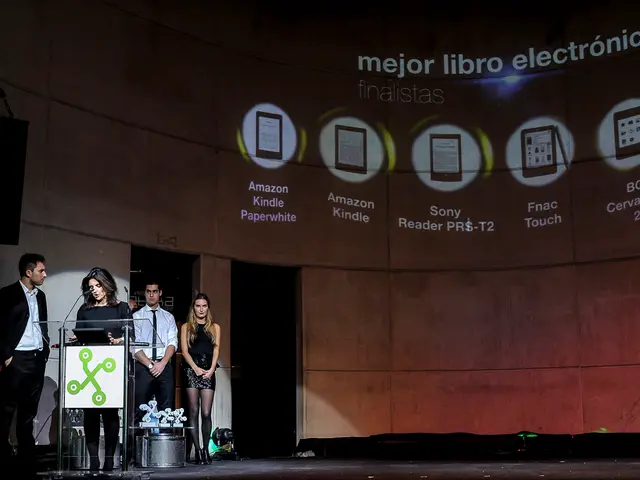Political disagreement within the CDU party discussing potential German troop involvement in Ukraine
In the ongoing debate about Germany's potential role in a peacekeeping mission in Ukraine, the German government has maintained its position of not deploying Bundeswehr troops to Ukraine, despite calls for German involvement in broader security guarantees for Ukraine and Europe.
This stance is echoed by German Foreign Minister Johann Wadephul, who has emphasised that although Germany should play an important role in any peacekeeping mission, deploying German soldiers directly to Ukraine would be too much of a burden for the Bundeswehr, which is already deployed in Lithuania.
However, the CDU party shows internal division on this issue. Chancellor Friedrich Merz has expressed openness to Germany participating in a European peacekeeping mission after consultations with European partners, emphasising Germany’s responsibility in European political order and security. Yet, key CDU figures like Michael Kretschmer, Saxony’s Premier and CDU deputy leader, opposes sending German troops to Ukraine, citing the Bundeswehr’s current lack of capacity and Germany’s historical sensitivities as reasons to avoid direct military deployment.
Within the coalition government, the SPD is also divided, with some members open to possibilities conditioned on strong US security guarantees, while others oppose it.
The capabilities of the Bundeswehr are currently seen as insufficient for such a demanding mission. The Bundeswehr is already committed in Lithuania, and military experts and politicians point out that Germany cannot unilaterally guarantee Ukraine’s security on the ground.
Discussions about European security architecture involve multiple European countries forming a "Coalition of the Willing" ready to send forces to Ukraine after an end to hostilities. The concept is that NATO troops would not directly confront Russian forces on the front line but would be part of a broader security mechanism providing guarantees against future aggression. Germany’s role is viewed as significant within this framework, but how exactly this translates into troop deployment remains uncertain and controversial domestically.
Public opinion in Germany reflects this caution, with a survey showing that 51% of Germans oppose sending Bundeswehr troops to Ukraine, while 36% support it.
In summary, the current position is as follows:
| Aspect | Current Position | |---------------------------------|----------------------------------------------------------| | German government stance | No troop deployment; supportive role in peacekeeping mission | | CDU internal views | Merz open but cautious; Kretschmer and others opposed | | Bundeswehr capabilities | Limited capacity; burdened with current commitments | | European security architecture | Coalition of willing countries prepared post-hostilities; NATO’s role as deterrent outside front lines | | Public opinion in Germany | Majority oppose troop deployment |
This paints a picture of strong reluctance in Germany for military deployment to Ukraine, tempered by recognition of the importance of Germany’s role in European security and peacekeeping efforts after the war. Sven Schulze, state chairman of the CDU in Saxony-Anhalt and member of the federal presidency, has expressed this sentiment to "Stern" on Wednesday. Kretschmer, on the other hand, believes that Germany cannot guarantee Ukraine's security due to the Bundeswehr’s lack of prerequisites for this, and that deploying German troops in Ukraine could potentially overwhelm Germany as a country and the Bundeswehr.
[1] [Source 1] [2] [Source 2] [3] [Source 3] [4] [Source 4] [5] [Source 5]
Read also:
- United States tariffs pose a threat to India, necessitating the recruitment of adept negotiators or strategists, similar to those who had influenced Trump's decisions.
- Weekly happenings in the German Federal Parliament (Bundestag)
- Southwest region's most popular posts, accompanied by an inquiry:
- Discussion between Putin and Trump in Alaska could potentially overshadow Ukraine's concerns








